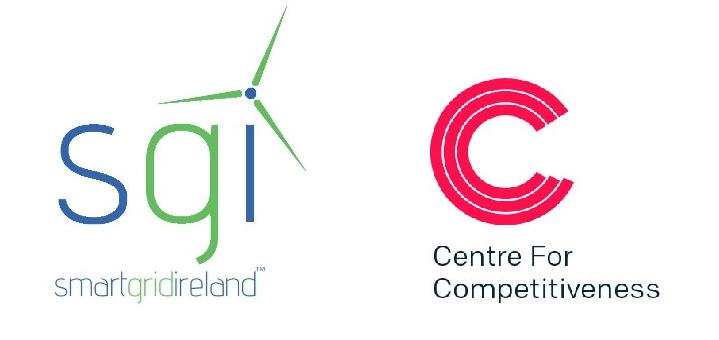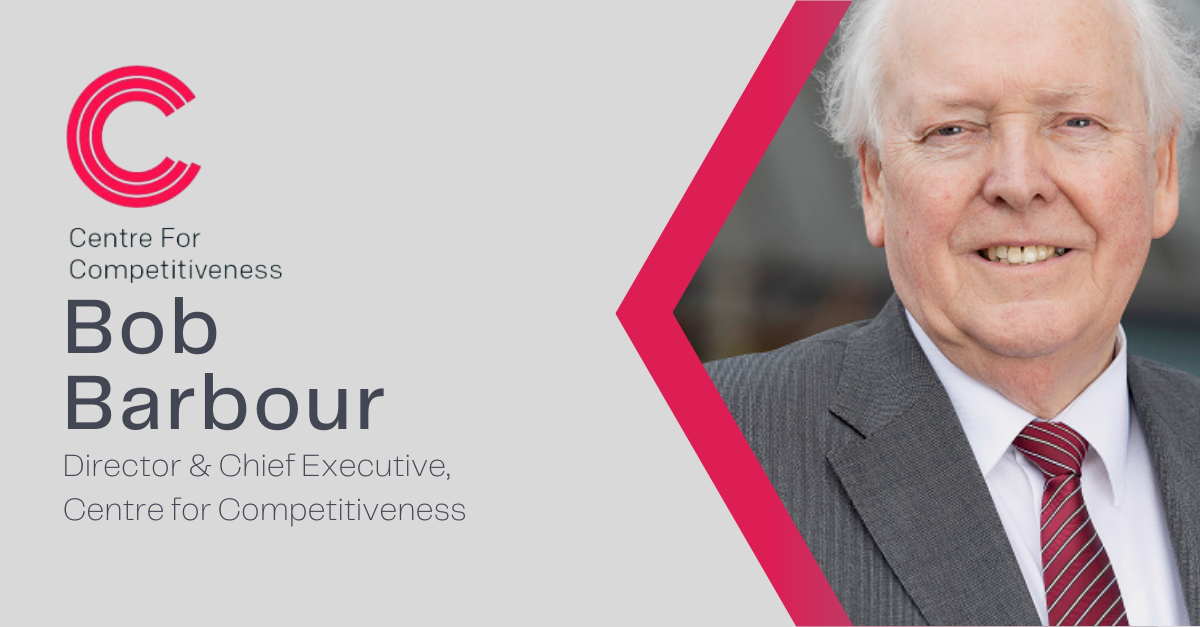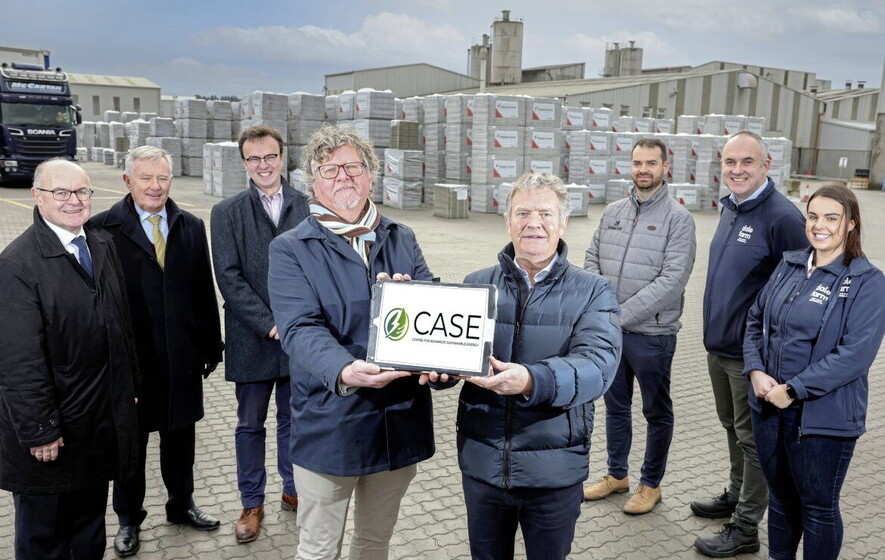Smart Grid Ireland Webinar-23 July from 2pm to 4pm
Redefining the Digital Energy System
Robin Philips – SIEMENS ADVANTA
Creating a self-sustained digital ecosystem for the energy sector seems more relevant and necessary than ever. Resilient performance of the digitalised system is a prerequisite and a must. The promise of the new technologies like 5G, Artificial Intelligence, Augmented and Virtual Reality, to name a few, can bring Vision 2030 faster while addressing consumer needs. Over the coming decades, digital technologies are set to make energy systems around the world more connected, intelligent, efficient, reliable and sustainable. Stunning advances in data, analytics and connectivity are enabling a range of new digital applications such as smart appliances, shared mobility, and 3D printing. Digitalised energy systems in the future may be able to identify who needs energy and deliver it at the right time, in the right place and at the lowest cost. But getting everything right will not be easy. This presentation will help you lead these industry transformation by rethinking business and operating models, better use of energy and digital technologies,
- Digitalisation is already improving the safety, productivity, accessibility and sustainability of energy systems. But digitalisation is also raising new security and privacy risks. It is also changing markets, businesses and employment. New business models are emerging, while some century-old models may be on their way out.
- Policy makers, business executives and other stakeholders increasingly face new and complex decisions, often with incomplete or imperfect information. Adding to this challenge is the extremely dynamic nature of energy systems, which are often built on large, long-lived physical infrastructure and assets.
5G and the Internet of Energy
Adrian Johnston – Digital Catapult
5G is the fifth generation telecommunication and wireless network standard which will be capable of handling greater data rates and network efficiency. 5G networks will offer scalable and adaptable services, it promises a smarter, faster and efficient network. This new system is expected to be launched in early 2020 currently being deployed worldwide whilst raising many interesting discussions. This session provides an overview of 5G, it’s key features, some key enablers and what makes 5G so revolutionary. It will explain recent advances in 5G development and the growing rends along with the advantages and examples of how it can be applied across the energy supply and demand spectrum from generation through distribution and consumption to the consumer. This new technology will require new skill sets and security features with how to keep the network secure when constantly accessed by many different devices with varying levels of user involvement and competence.
Utilities have sufficient time to observe early adoption of 5G platforms in communications carrier production environments and develop plans for 5G implementation in their own mission-critical environments. However, utility decisions to adopt 5G technologies for either private networks or leased services should conduct a thorough risk assessment for each use case. Some vulnerabilities may be eliminated with 5G, but new attack points may be created. The possibilities for 5G to enhance utility cyber security are very promising and merit investigation.
Brief Bio:
Adrian Johnston joined the Strategic Investment Board (SIB) in December
2018 as head of Digital Catapult NI. He has 20 years technology
leadership experience having previously worked for Seagate Technology in
their Springtown facility. With a PhD in Informatics and AI, Adrian has
continued to drive research in advanced manufacturing and the adoption
of AI, IOT and automation in complex data environments with both Ulster
University and Queens University Belfast. He continues to engage with
the research community and contributes to a number of initiatives on
future UK AI strategy, funding and policy including the NI Matrix
Science Panel and UKRI AI expert advisory group. Currently Adrian is
leading Digital Catapult NI as they enable NI SME, Tech innovators,
corporates and public sector adopt AI, IoT, Future Network and Immersive
tech to enhance productivity, growth and the NI economy.
Building Secure Open Energy Systems & Services
Bill
McCluggage (Former Head of Information Security Open Banking, Former
Irish Government CIO, Chief Technologist EMC and Deputy UK Government
CIO - UK Cabinet Office)
Digitalization and the potential to formalise a more open approach to the data held by the energy sector is set to create new business opportunities and revenue streams for operators, and a new range of technology service providers. It will also benefit consumers and producers alike. There is a growing movement to open access to data in the energy sector in a similar way to recent open banking regulations and this has become known as ‘Open Energy’.
The way energy is generated and used is in the process of significant transformation – be it through the increased implementation of smart meters and smart grids, the development of smarter and more efficient data centres or the creation of more sustainable and distributed energy sources. The concept of a set of secure data transmission standards in the open banking sector designed to enable innovators in the financial services sector and favour customers by making market and personal data available through machine-readable open APIs, is now being considered by the energy sector and the sector seems to be travelling in same direction.
While Open Energy is destined to help achieve a net-zero future, it may also make energy systems and customers more vulnerable to cyber-attacks. Now is the time to learn from the experiences of the Open Banking ecosystem and the standards, processes and design of secure architectures if potential security pitfalls and risks are to be avoided. The potential benefits of smart meters and smart grids are starting to emerge, enabled by improved network connectivity and the implementation of new network services such as 5G and the growth of the Internet of Things (IOT). The data produced is now at the cusp of becoming a major source of new actionable insight; however, these data systems are also a potential honey pot for organised crime, hackers and fraudsters.
Brief Bio: Bill has an in-depth background in digital technology and security. Between Oct 2016 and Dec 2019 he was Head of Information Security at the UK’s Open Banking Programme, a programme commissioned by the UK’s Competition & Markets Authority. He was also responsible for developing the programme’s assurance and counter fraud activities. He has filled a number of senior roles in Government at CIO level in Northern Ireland, London and Dublin, and in the private sector with EMC in the UK & Ireland and Harland & Wolff Heavy Industries in Belfast. He runs his own consultancy business and is a Chartered Engineer, Fellow of the BCS and Member of the Institution of Engineering & Technology, and a Freeman of the City of London.
TO REGISTER ATTENDANCE: Please Email Bob Barbour at bob.barbour@cforc.org and you will be sent a ZOOM link to the webinar.




